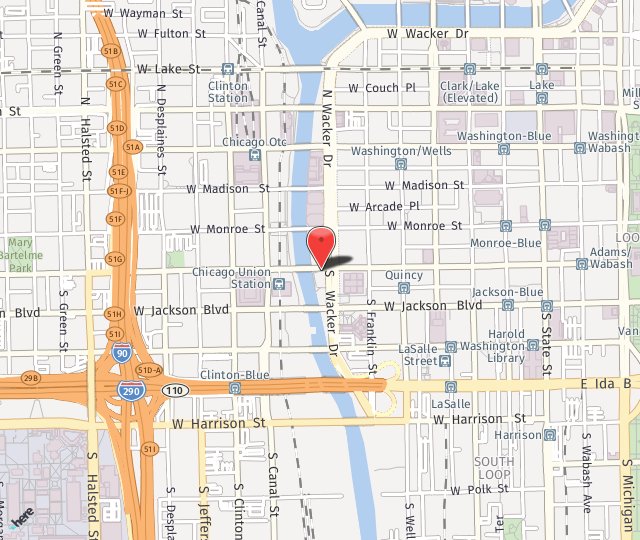Consumer Rights Law Firm Serving Clients in Chicago, Illinois, and Nationwide
Posted: March 30, 2014
Hidden fees are among the most common violations of the law that our Chicago false advertising lawyers see. This tactic is forbidden by a number of state and local laws.
However, the legal world often has to define terms in ways that are slightly different than common understanding of those terms. As such, what a consumer might reasonably consider a “hidden fee” might not actually qualify as such under the law.
To run afoul of a law forbidding hidden fees, the fee in question must be:
- Left completely unstated, or
- Hidden in fine print, or
- Obscured by legalese or ambiguous language designed to prevent the reader from understanding the true cost of the transaction
Whether the fee in question is legally defensible often comes down to an argument in a court of law. As such, when you’re pursuing a false advertising claim based on a hidden fee argument, it’s good to have the experienced lawyers at Markoff Leinberger on your side.
Common examples of hidden fees include:
- Failure to disclose shipping and handling costs
- Sneaking in a final, un-disclosed, un-wanted service right before the completion of the transaction (this often happens with online purchases)
- Delaying disclosure of taxes and fees until the end of a transaction
However, the important thing to understand is that it’s almost impossible to determine if a hidden fee is illegal or just unethical without a specific conversation with one of our false advertising lawyers. We’ll help you decide if you have a claim.
If you’re a resident of Chicago, Illinois or the surrounding communities and want to speak to our false advertising lawyers, please contact Markoff Leinberger today for a free consultation.

